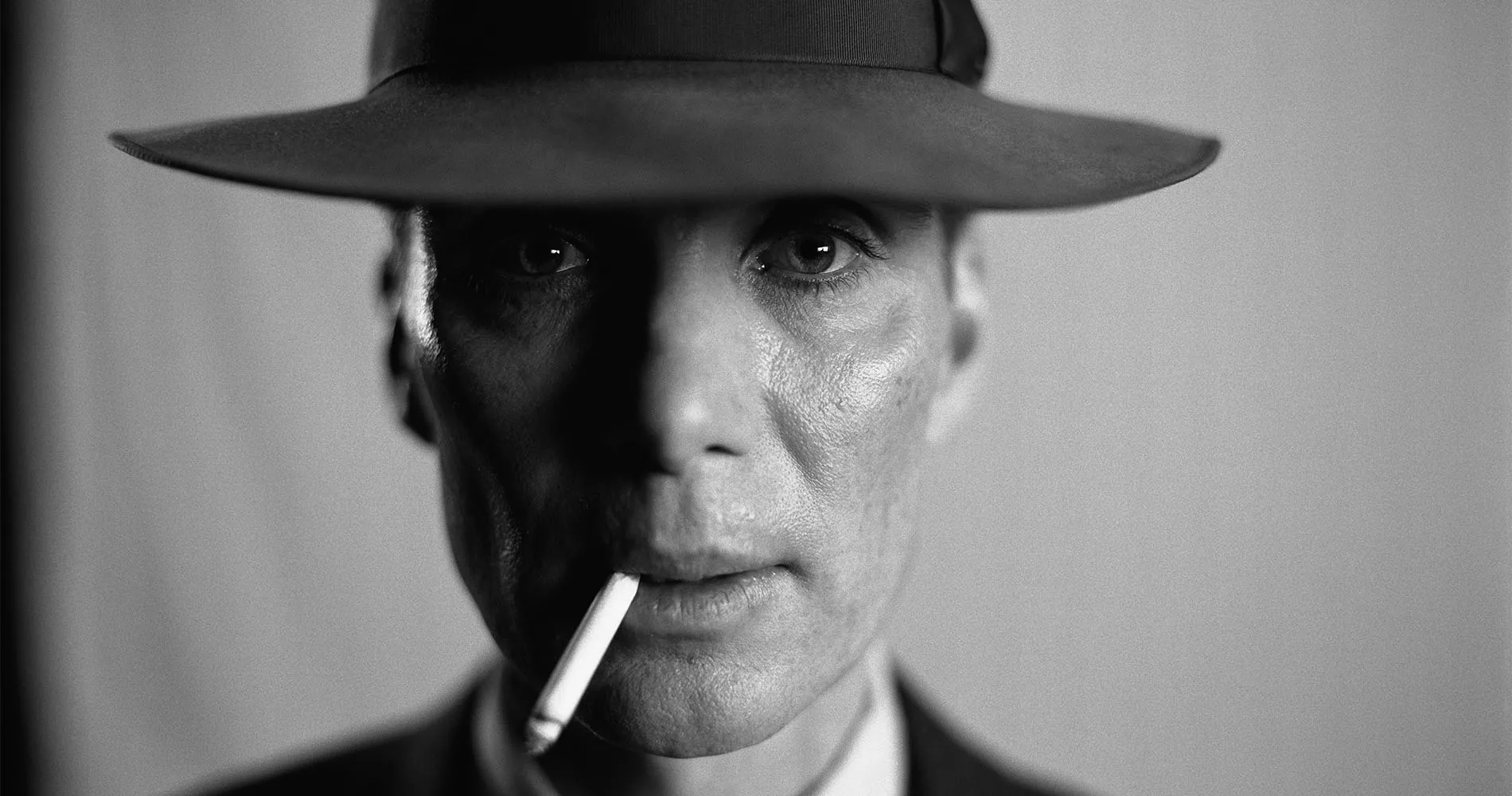‘Oppenheimer’ is the gold standard of biopics
Christopher Nolan is a man known for redefining genres. The Dark Knight is arguably the most influential and critically acclaimed comic book movie of all time, whilst Memento and Interstellar display how time needn’t always be linear in films. With his latest foray, he delves into the biopic genre, exploring the life and story of the father of the atomic bomb, J. Robert Oppenheimer. Inspired by the book American Prometheus, Nolan explores the impacts of the bomb’s creation on Oppenheimer’s psyche and morality.
Oppenheimer achieves that rarest and most sacrosanct of cinematic goals — it makes the viewer think about and question themselves and their moral choices
The end product is, in a word, masterful. Combining gorgeous cinematography, a sublime yet hair-raising score composed by Ludwig Göransson, and introspective screenwriting, Oppenheimer achieves that rarest and most sacrosanct of cinematic goals — it makes the viewer think about and question themselves and their moral choices. In a period where most biographical films focus on the extravagance and lavish lifestyles of international superstars, Oppenheimer stands apart. There is no heartwarming character arc as seen in Bohemian Rhapsody and Rocketman; Oppenheimer ends as it begins, with the titular character staring beyond the camera with a blank yet haunting expression on his face.
One of the most important features of a successful biopic is the casting, and it would not be an overstatement to say that Oppenheimer contains some of the greatest casting decisions of the past decade. Oppenheimer himself is played by Nolan regular Cillian Murphy, in what is a standout performance. Murphy does not need to speak to act; his eyes do most of the storytelling throughout the film, expressing feelings of shock, sadness, and regret without a word being uttered. It is a performance for the ages, worthy of an Academy Award nomination at the very least.
Other notable performances include Robert Downey Jr. as Lewis Strauss, Chairman of the Atomic Energy Commission whose story is told on a separate black-and-white timeline to Oppenheimer’s. The coloured timeline is meant to represent the ‘subjective’ experience of Oppenheimer, whilst the black-and-white reflects the ‘objective’ facts-based reality. Emily Blunt as Oppenheimer’s wife Kitty, and Matt Damon as the overseer of the Manhattan Project, General Leslie Groves, are also standouts.
As the countdown to the test begins, the strings begin to swell, a cacophony of music climaxing as the timer reaches zero and Oppenheimer realises that his vision has come to fruition
Göransson’s score is nothing short of a musical triumph, providing a fitting accompaniment to Nolan’s gorgeous visuals. A scene that stands out, in particular is when the scientists at Los Alamos (the home of the Manhattan Project) are overseeing the first atomic bomb test, commonly known as the Trinity Test. As the countdown to the test begins, the strings begin to swell, a cacophony of music climaxing as the timer reaches zero and Oppenheimer realises that his vision has come to fruition. This scene, with this accompaniment, left me on the edge of my seat, providing more tension and goosebumps than any horror movie could ever hope to achieve.
However, Göransson’s score isn’t the only example of a magnificent use of sound in Oppenheimer. In what is arguably the most memorable scene of the film, Oppenheimer addresses a hall of people who worked on the Manhattan Project after hearing on the radio that the atomic bomb has been dropped on Hiroshima. The crowd is stamping their feet, waving American flags, and cheering Oppenheimer’s name. As he begins to speak, the rhythmic sound of the stamping feet is suddenly silenced, and he has a vision of the crowd being incinerated by an atomic explosion. The unexpected silence is deafening as Oppenheimer grapples with his conscience whilst walking over a charred corpse.
Nolan’s depiction of morality and the consequences of our choices in Oppenheimer is monumental. From the scene where Oppenheimer poisons his teacher’s apple only to awake in the night full of regret (itself a metaphor for the invention of the atomic bomb), to Oppenheimer confessing that he believes he has blood on his hands to President Truman, every stage of our journey with Oppenheimer is punctuated with questions about what is right, and what is wrong.
The film does have a few flaws worth mentioning, such as the underutilisation of the talented Florence Pugh, whose character Jean Tatlock isn’t afforded ample characterisation, and a small segment in the third act might leave viewers puzzled about the direction of the story. Despite this, Oppenheimer is nothing short of a technical masterpiece.
As Oppenheimer himself reiterates many times in the film, “theory will only take you so far” — this film is not done any justice in a review; it is a film that needs to be seen (ideally in IMAX) to be appreciated and understood. Christopher Nolan has, once again, redefined a genre, making Oppenheimer the true gold standard of biopics.

Comments (2)
How does the film Oppenheimer explore the impacts of the atomic bomb’s creation on J. Robert Oppenheimer’s psyche and morality?
Its a hard question to answer.
The movie keeps it largely under wraps until the end. One of the main mysteries regarding the film is what Einstein and Oppenheimer were talking about. The ending reveals this.
There are scenes where Robert becomes aware of what he’s truly created. One for example where he makes a speech celebrating the bomb and wishing he could have used it against the Germans, only for the hall to face the effects of an atomic bombing. The celebrations turn into screams and wails.
I recommend actually watching the movie, you can interpret things in many different ways and view Oppenheimer differently as well.